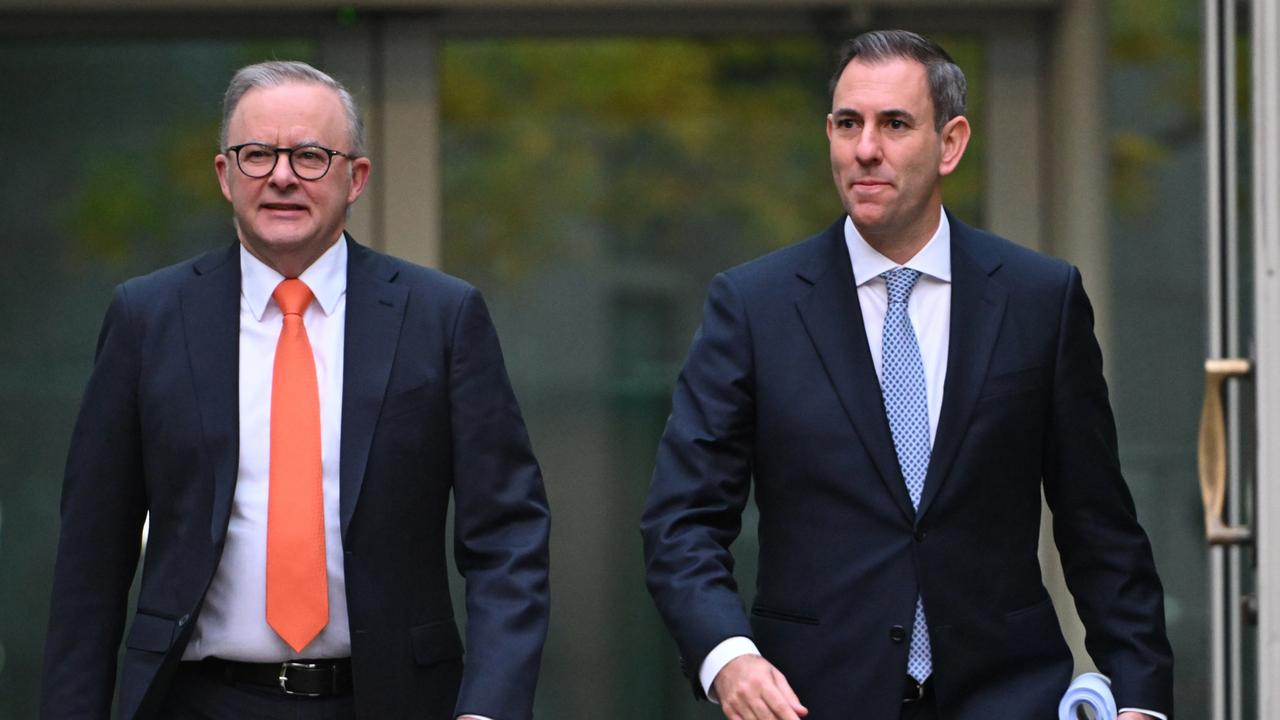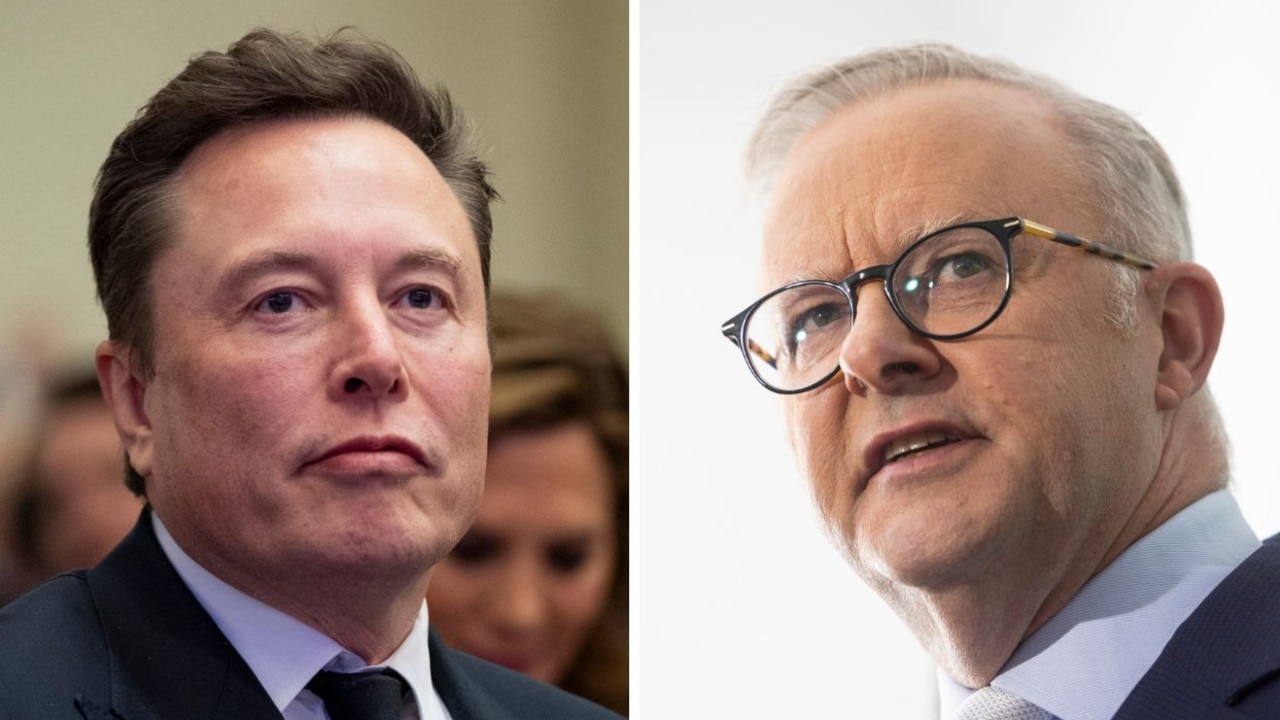Federal election opinion: Manifestos mean we can stop the pollie dribble
OPINION: Election manifestos in the UK mean voters who care can consider the full range of policies over several weeks. In Australia, we are drip-fed.
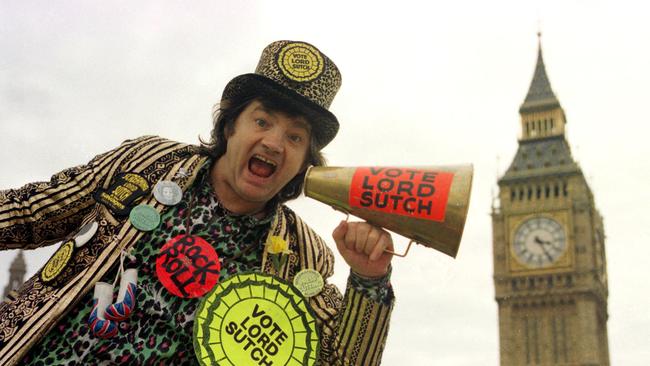
Analysis
Don't miss out on the headlines from Analysis. Followed categories will be added to My News.
AT THE start of the 2015 British General Election, that venerable institution, the Monster Raving Loony Party, released a campaign manifesto of election promises.
Recent elections have seen it variously promise to fit airbags to the stock exchange in preparation for the next crash, investigate why there is only one Monopolies Commission and replace the Middle East road map for peace with sat nav.
The Loonies are unusual in many ways but releasing a manifesto makes them completely normal in Britain.
Soon after an election is called UK parties release a manifesto – Conservative, Labour, Liberal Democrat, Scottish and Welsh nationalists, Greens, the UK Independence Party, the Northern Irish parties and others. They can be found online or bought in newsagents and bookshops.
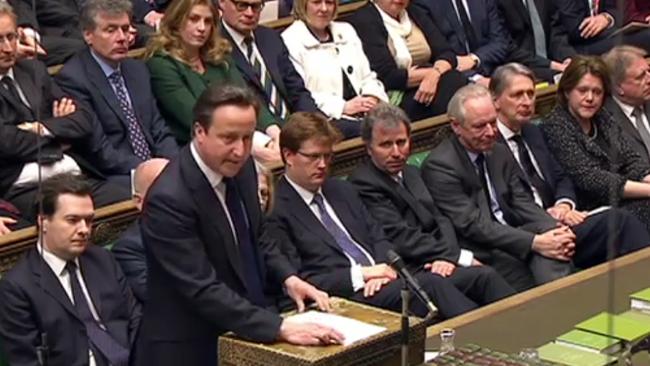
While election manifestos don’t necessarily improve the quality of campaigns and debates, they do mean voters who care can consider the full range of policies over several weeks rather than potentially just a day or two before voting.
The media and other parties can scrutinise promises from shortly after the starting pistol being fired, as used to happen in Australia.
Manifestos are central to policy discussion in British elections.
At the 2013 Australian federal election, by contrast, policies were drip-fed to the community. Major commitments were dribbled out right through the election campaign with little time to scrutinise, critique, challenge or consider some of them.
This election seems to be a repeat performance. The Liberals have “our plan” on their website, whole chapters of which contain not a single new commitment. Meanwhile Labor has released many policies but is promising “more to come” in key areas.
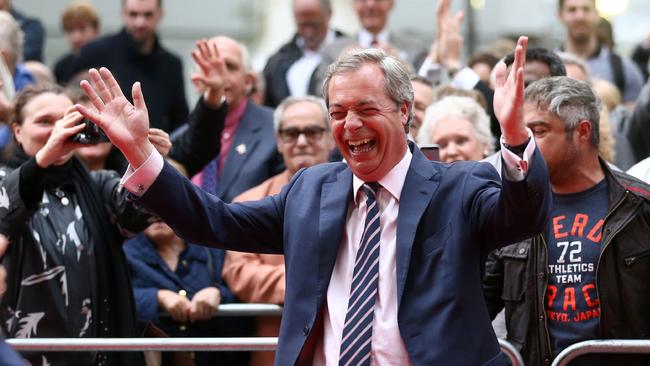
To compound the problem, voting early is steadily rising. In 2013, a record 3.2 million Australians voted before polling day, so nearly a quarter of people who voted did so without being able to see everything on offer.
Inevitably British manifestos contain a lot of waffle, bland statements, spin and rhetoric, but they also contain clear, specific policies. They are serious documents, representing years of work and up to 30,000 words of text.
Parties commit to new programs, axing programs, expanding programs, spending set amounts of money, cutting funding in particular areas, re-prioritising and redirecting funds, and to national initiatives and local projects.
Voters don’t have to wait to the fag-end of the campaign to see the whole picture and the distinction between considered policy and policy-on-the-run is plain – it’s either in the manifesto or it isn’t.
There’s a post-election dividend too. The Salisbury Convention ensures that the House of Lords does not block legislation delivering manifesto commitments, providing a big incentive for parties to offer full manifestos. The rationale is that government is formed in the House of Commons and the government’s manifesto promises have been presented to the voters, considered and endorsed.
In Australia, government is formed in the House of Representatives but election winners often struggle to carry out their program. This is because the constitution accords the Senate and the Reps almost identical powers but they generally have different political complexions.
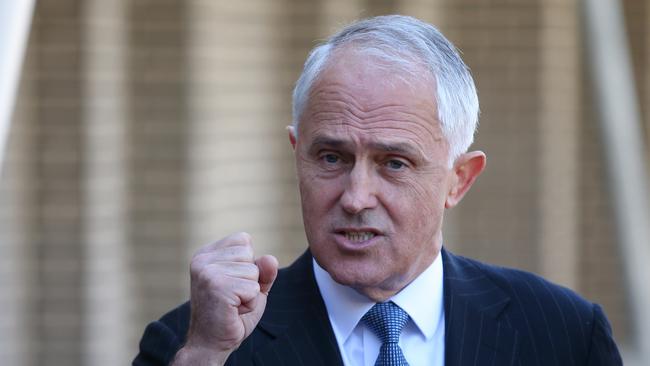
Post-July 2 we’ll doubtless go through the ritual arguments about who has what mandate for what policies. With commitments still being announced on the eve of elections it’s hard to argue voters have been given time to digest and consider the full program before voting, making mandates less certain.
With large-scale public funding of political parties, money could be made contingent on releasing a full and proper manifesto at the start of each election campaign.
The program of incoming governments would have greater clarity and legitimacy. The major parties could then develop their own version of the Salisbury Convention, respecting the election mandate of winning parties and start to sort out the awkward relationship between the two Houses.
Unfortunately the Salisbury Convention doesn’t work in reverse: the Upper House can’t force the government to deliver on its manifesto commitments. Now that would be progress.
Dr Joff Lelliott is a Brisbane-based political and social commentator
Originally published as Federal election opinion: Manifestos mean we can stop the pollie dribble

